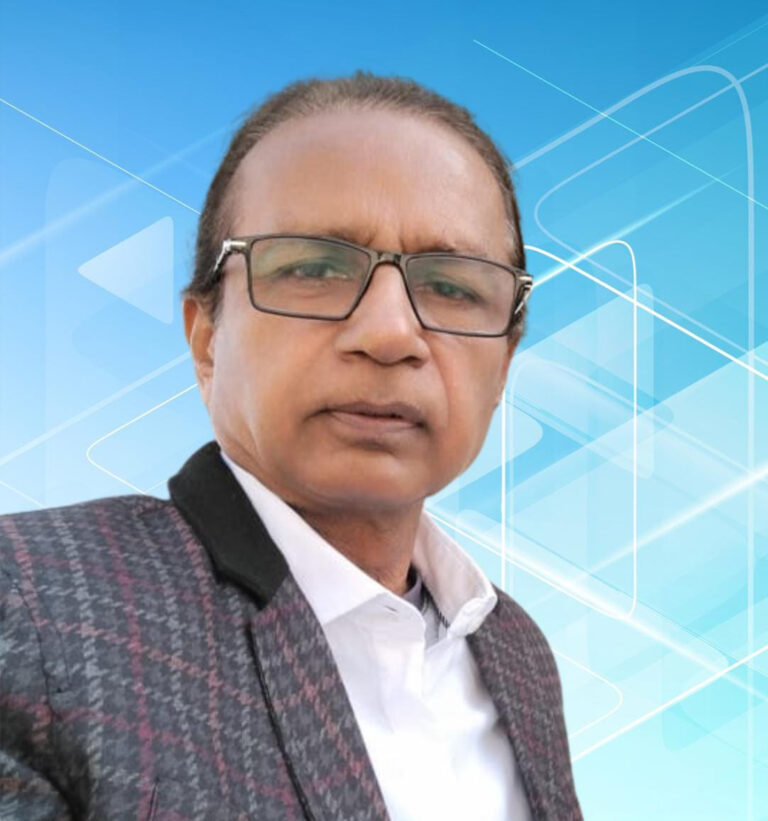As far as the interpretation of the article 184 is concerned, common-sense understanding is altogether different. It has three clauses that form the whole of this article. Its title is: The Original Jurisdiction of Supreme Court.
The first clause states: (1) The Supreme Court shall, to the exclusion of every other court, have original jurisdiction in any dispute between any two or more governments.
The second clause states: (2) In the exercise of the jurisdiction conferred on it by clause (1), the Supreme Court shall pronounce declaratory judgments only.
The third and the last clause states: (3) Without prejudice to Article 199, the Supreme Court shall, if it considers that a question of public importance with reference to the enforcement of any of the Fundamental Rights conferred by Chapter 1 of Part II is involved, have the power to make an order of the nature mentioned in the said Article.…
While the Pakistani NGOs seek the Right to Information Law, the likes of “Wikileaks” are wikileaking clandestine governments!
The latest ‘leaks’ of Wikileaks provide a historical opportunity to re-consider many a taken for granted truths!
This writing too intends to discuss afresh some such propositions which relates to the affairs of the governments. For instance, whether governments are justified in keeping various types of information secret. In Pakistan and maybe in other such countries also, this is an accepted truth. People outside governments than those inside seem more convinced in this regard. That is to be more loyalist than the king. As is the case, in contrast to the ordinary people, the elitist both inside and outside governments are to be blamed for this myth. They present government as a transcendental entity, and attribute it with similar characteristics. Without going into a lengthy debate, the simple truth is that rulers
…
He knows nothing; and he thinks he knows everything. That points clearly to a political career.[George Bernard Shaw, 1856-1950]
People are difficult to govern because they have too much knowledge.
[Lao Tzu, 604 BC – 531 BC]
Underneath our views of everything lies a theory of knowledge.
We have views about the world, and what exists in and beyond the world. We have views about man, his nature, his destiny, and his place in the society and the world. We have views about society, about people and about the things people believe in and do not believe in and about things people do and do not do. We have views about everything. Sometimes we are aware of the implications of our views and sometimes not. But most of the time we are never aware of the theory of knowledge lying behind our views.
We make a cultural conviction: The
…

